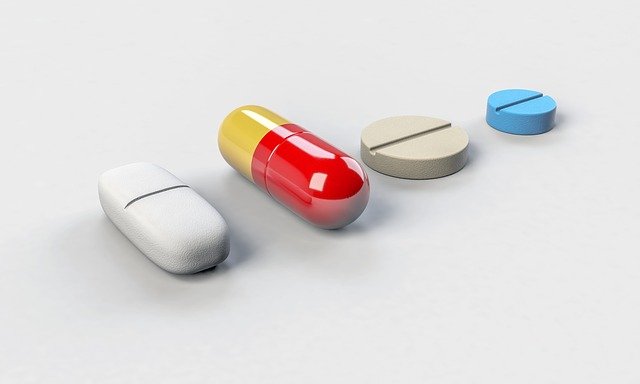The Complete Guide to Softening Water
You may be wondering, what is the difference between soft water and hard water. The difference is in the minerals inside each. Hard water has a lot of calcium and magnesium that give it a gritty feel to it. Soft water, on the other hand, typically has less than 100 milligrams of these minerals per liter.
The reason why some regions have hard water is because they are near limestone or chalk deposits which are known to supply calcium and magnesium in abundance.
What is the Difference between Hard and Soft Water?
Soft water has less mineral content and is easier to extract minerals from. Hard water has more minerals, which makes it harder to extract minerals and can also lead to clogging of pipes.
There are two types of water – hard or soft. Hard water is harder for the body to process. This leads to increases in the amount of buildup and deposits on the skin that makes skin dry, rough, and lifeless.
Soft water has a high mineral content which makes it easy for the body to process – it is easier for your body to remove organic compounds like oils or nutrients from soft water than hard water (a quality that can be helpful if you suffer from any allergies).
How to Soften Hard Water Without Adding Salt or Chemicals
Hard water is not a new problem, but it’s definitely gotten worse in recent years. The reason for this is because of the many environmental changes that have occurred and people’s increased need for water.
There are a variety of ways to soften hard water without adding salt or chemicals. These methods are economical, environmentally friendly, and they do not negatively impact the hardness levels of your water.
The best method for softening hard water depends on the hardness levels and your preference. The most popular way is using silica gel or magnesium oxide flakes. However, these methods can be expensive if you need to buy them often.
Softening Your Home with the Right Filters and Methods for Safety & Effectiveness
Everyone needs a filter for their home. From the leading brands to the type of water that is coming out of your tap, it is important to know the benefits of having a filter for your H2O. Today, we are going to talk about softening your water with filters and methods that are safe and effective.
Filters help you get rid of solids and particles from your home’s pipes, which can lead to reduced buildup and maintenance. This also means less mold in your house!
Choosing the right type of filter can be difficult when you don’t know what you need. Luckily, we have created this guide on what types of filters are best for different setups at home!
What are the Best Filters and Methods for Your Drinking Water?
The most important thing to consider when buying a filter is what the filter removes from the water. For example, if you want to buy a filter that cleans chlorine, it would do a better job than one that only removes bacteria.
Filters can also be classified by their size or location. Some people prefer filters that can attach to the tap at home, while others opt for filtration systems that are more portable and easy to set up on-the-go. There is also the option of purchasing a filter system with its own storage tank and pump, which gives you free access to filtered water anywhere in your home or office.






